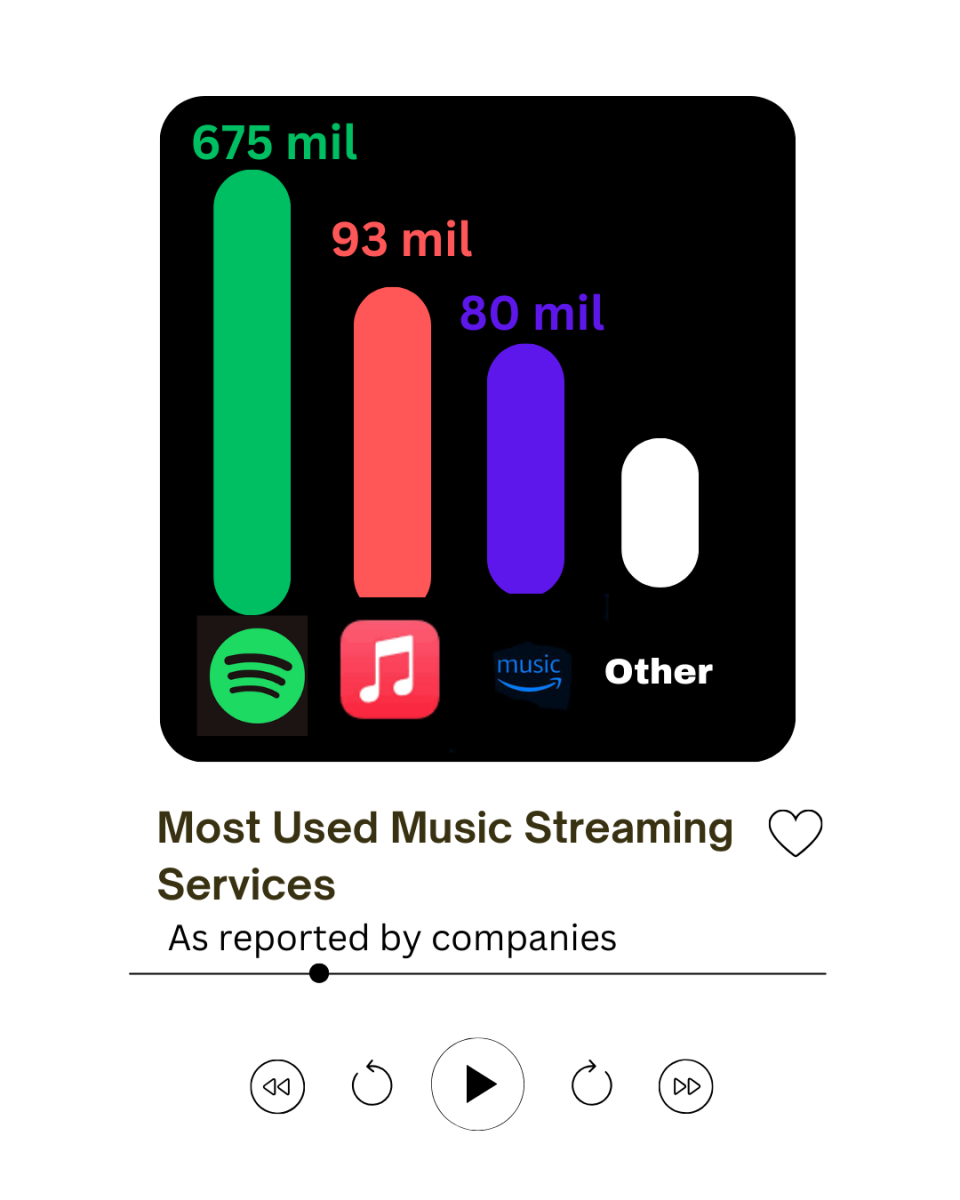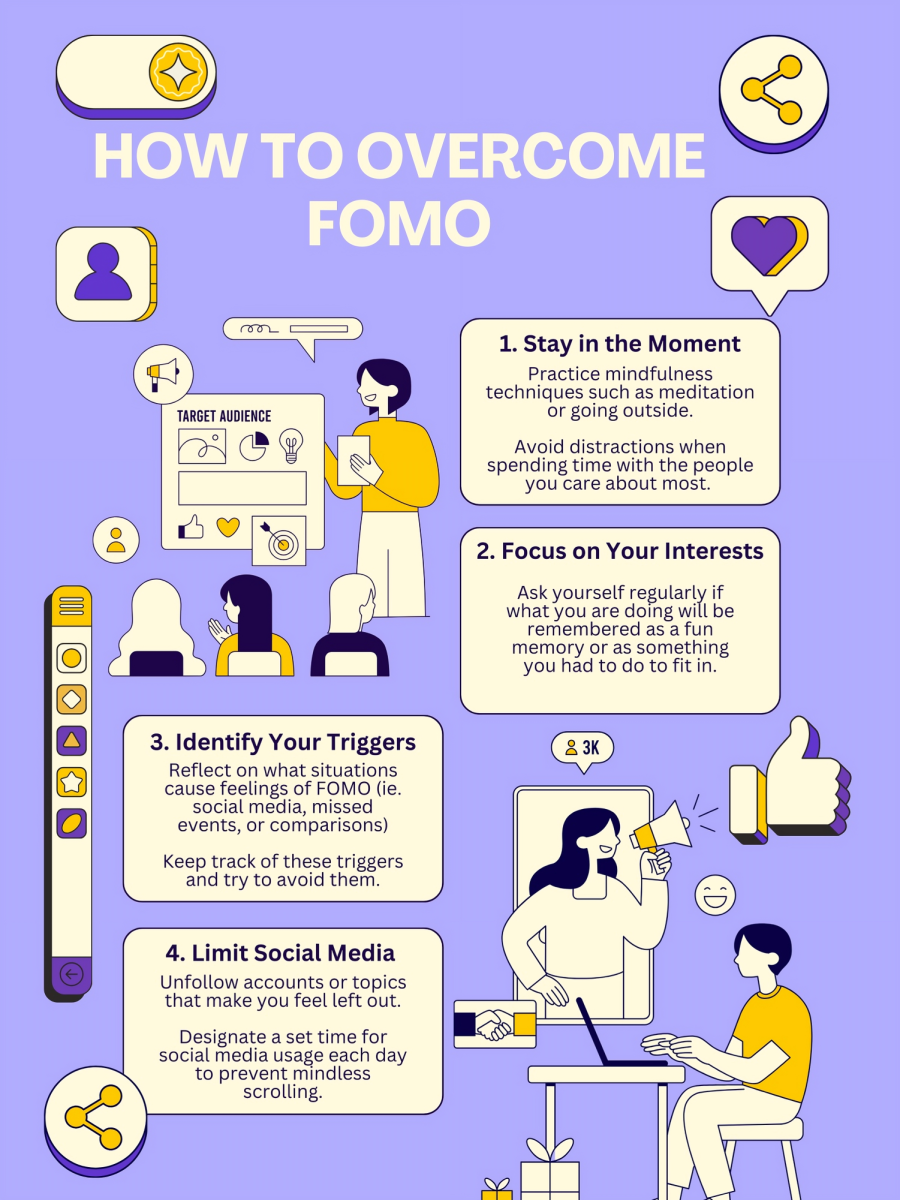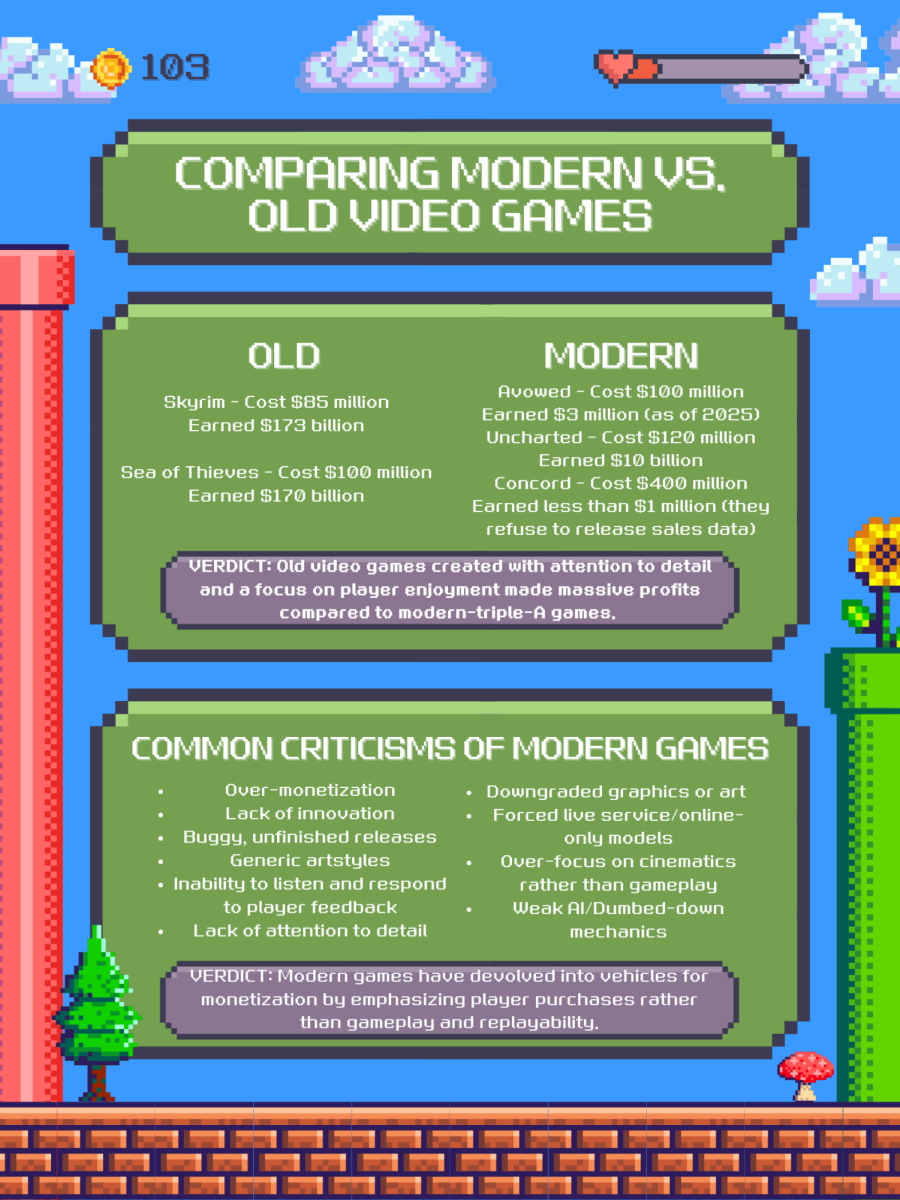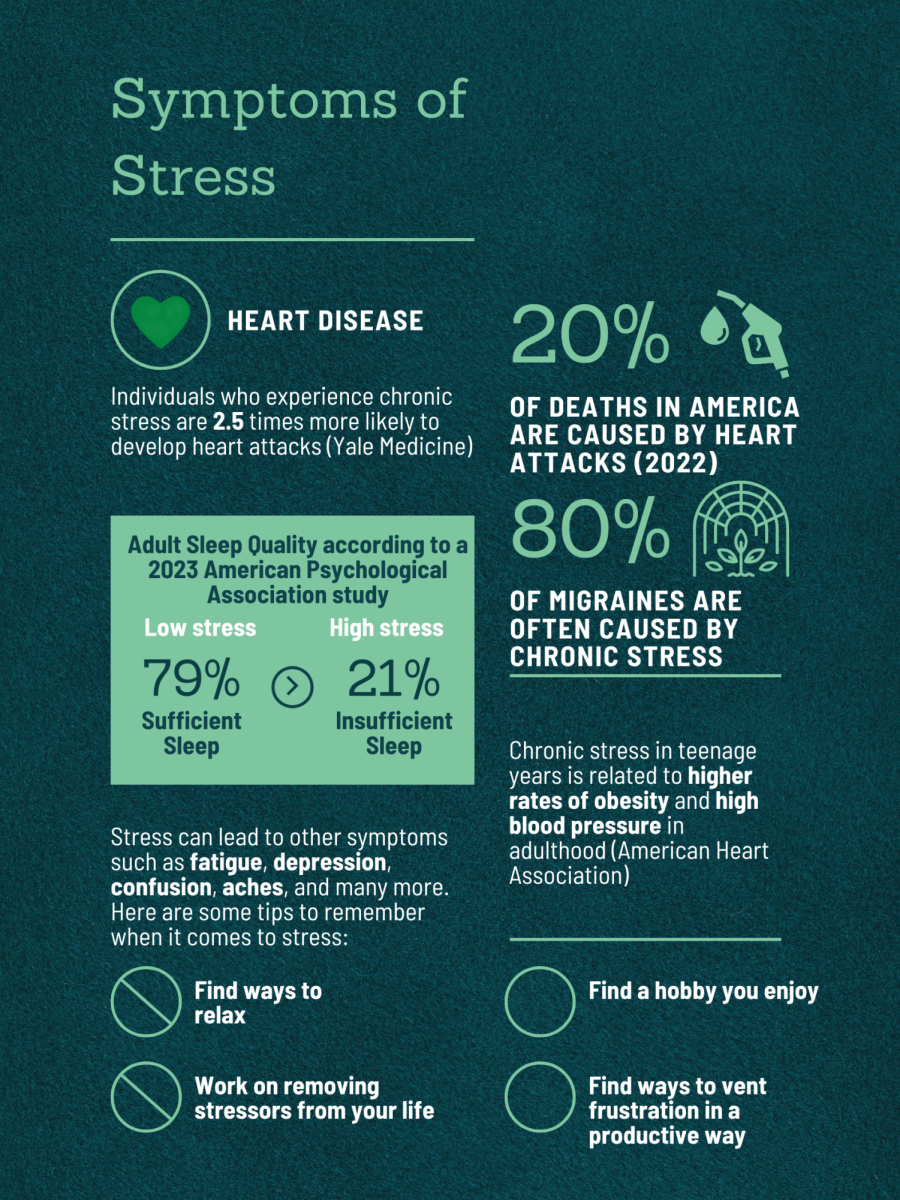Math XL? Check.
Band practice? Check.
Binge a Webtoon series? Check.
Prove myself as a politically good human by reposting current events to my Instagram story? Check.
One of these is not like the others. And for many reasons, it shouldn’t be.
Social media is undeniably an integral part of our lives. From the ability to call a friend in another city to streaming concerts in another continent, we have trillions of bytes of information all at our disposal. So, it is not an exaggeration to say that we have access to the entire world at our fingertips.
Inevitably, the vastness of the digital world has led to interconnection between users all over the globe from different cultures and societies to the point where sharing our thoughts, feelings and emotions to the internet has become second nature.
As a result, it can be extremely difficult for many of us to stay inside the small bubble of Libertyville, or even the United States, especially since today’s generation has become increasingly exposed to and involved in not only American, but also global politics over the past few years.
This leads us to the issue of social media activism – or “Slacktivism,” a form of activism that requires minimal effort and does little to bring about concrete change – which often takes the form of Instagram posts/stories, 30-second TikTok videos or paragraphs upon paragraphs on X.
Social media activism, due to its global reach, instant feedback and low cost, is an extremely convenient means of educating oneself regarding current events. After all, it’s easier and cheaper to gain a surface understanding of a current issue via a TikTok rather than reading an in-depth article on an actual website like The New York Times. As a result, social media activism’s popularity grew dramatically over the past few years.
Positively, it is undeniable that social media has provided an exceptionally convenient and accessible platform for stories to be told from individuals and communities who have historically been silenced and lacked a platform to spread their voices.
However, the downsides to this format of sharing information and activism strongly outweigh the costs, when long-term and real life implications are taken into consideration.
It’s important to remember that conflicts are often complex and the actions of individuals and governments often hold multiple motivations and consequences, especially in the realm of politics.

making activism a trend rather than a movement. (Mai Asad)
In the quest for clout, many social media “activists” often oversimplify complex issues – or even their own biases – to fit into the fleeting attention span of a scrolling user. This oversimplification can lead to the distortion of facts and the creation of a one-dimensional narrative, which ultimately hinders genuine understanding and discussion around the problem at hand.
Moreover, social media activism is highly susceptible to misinformation. In the race to be the first to share breaking news or to contribute to an ongoing conversation, users often neglect fact-checking.
This lack of diligence can result in the rapid spread of false information, contributing to the already prevalent issue of misinformation on the internet. The consequences of spreading inaccurate information can be severe, as it may mislead followers and compromise the credibility of the cause.
Another critical flaw of social media activism is its potential to create echo chambers (isolated online spaces where individuals are exposed predominantly to information and opinions that reinforce their existing beliefs).
Algorithms on social media platforms are designed to show users content that aligns with what they are most likely to consume. This encompasses things that align with their existing beliefs and even content that can direct the individual to more extreme, polarized versions of their current beliefs.
While this may enhance user experience, this echo chamber effect can hinder the development of well-rounded, informed opinions and foster an environment where dissenting voices are marginalized or ignored.
This makes it near impossible for users to gain exposure to a wide range of perspectives (which is essential to analyze and tackle complex issues) similar to how they would in the real world, where one has no choice but to interact with people carrying diverse perspectives and ideas, even ones they disagree with.
This eventually leads to the polarization of an issue and makes it near impossible for opposing sides to come to a compromise, or at least have a comprehensive understanding of the issue at hand.
Furthermore, the impact of social media activism on the real world is often questionable. While it may raise awareness about specific issues to an extent, the translation of virtual engagement into tangible action is often limited.
The ease with which one can share a post or participate in an online movement contributes to slacktivism. Clicking a button to show support may make individuals feel involved, but it often falls short of making a substantial impact in real life.
In fact, it is debatable whether simply sharing a post has any effect at all. Social media activism, with its rapid-fire circulation of information and transient nature, resembles a short-lived spark rather than a sustained flame.
Social and political issues are no longer issues that affect people’s lives, but simply a litmus test of how “politically correct” one can be.
Hashtags trend and viral campaigns surge into prominence only to fade into the background shortly thereafter, overshadowed by the next trending topic. While it can swiftly garner attention and momentarily engage users, the impact tends to dissipate rapidly, leaving a trail of awareness that may be as short-lived as the attention span of a scrolling user.
The hurried nature of social media activism underscores the need for more enduring and substantial approaches to create lasting change in the real world.

It’s dangerous to center your activism and knowledge of current events around something as fleeting as social media. The digital world is a marvel – but as the name suggests, it’s only digital.
To make a meaningful difference in the real world, individuals should consider moving beyond the digital world and engage in actions that have a tangible impact.
Taking part in offline activism, such as attending protests, organizing community events or supporting local initiatives, allows individuals to connect with their communities on a personal level. These activities have the potential to bring about substantial change by addressing the root causes of issues and creating a more inclusive and equitable society.
Volunteering for organizations that work directly with marginalized communities, attending local community meetings or participating in grassroots movements are more examples of ways to contribute actively.
Educating oneself about the complexities of the issues at hand and engaging in constructive dialogue with people of differing opinions can also foster a deeper understanding and contribute to real-world change.
While social media activism may play a role in raising awareness about various issues, it should not be placed on a pedestal as a primary form of activism.
Real change requires active participation, critical thinking, and sustained efforts beyond the confines of virtual spaces. By acknowledging the limitations of social media activism and actively seeking ways to make a substantial difference in the real world, individuals can contribute to creating a more informed, empathetic, and impactful society.

















